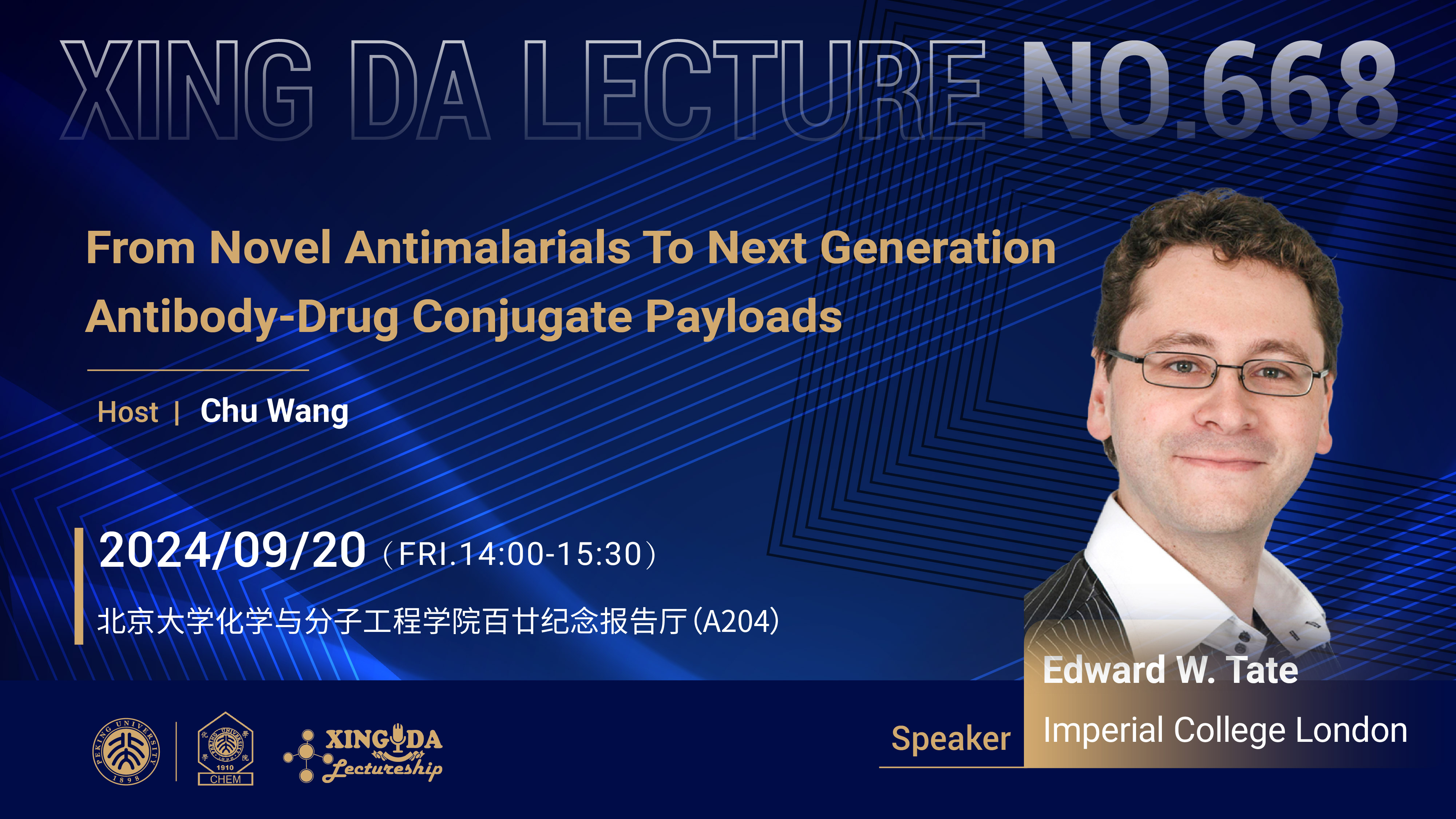
Abstract
The Tate lab develops novel chemical biology approaches to enable drug discovery against post-translational modification (PTM) pathways and intractable drug targets, including chemical proteomic target identification, screening technologies, and chemical probe discovery for protein-protein interactions and enzymes modulating PTMs. Recent highlights include the first cell-active activity-based probes (ABPs) for deubiquitinases (DUBs), new tools for analysis and discovery of pathogenic secreted protease activities, and the first comprehensive maps of specific classes of protein lipidation PTM through chemical proteomics. We are also interested in new modalities including antibody-PROTAC conjugates, and translation of drug candidates through biotech spinouts, including Myricx Bio (https://myricxbio.com/) which recently raised one of the largest ever Series A rounds for a European biotech.
Here I will present a journey spanning more than a decade of research undertaken by a diverse team of academic and industrial scientists, taking inhibitors of the lipid transferase N-myristoyltransferase (NMT) as the common thread. Starting with the first high-throughput screens against this target in malaria parasites, we transitioned via potent in vivo active antimalarials to host-targeted pan-antiviral agents, ultimately establishing a new class of anticancer agents.
The latter work led to the formation of the biotech company Myricx Bio, and recent disclosure of ultrapotent (low/sub picomolar) NMT inhibitors as a unique class of next generation payloads for antibody-drug conjugates (ADCs). NMT inhibitors offer a mode of action distinct from all current ADC payloads and eradicate solid tumour in in vivo models expressing a range of common cancer-associated antigens, including those resistant to best-in-class clinical ADCs.
报告人简介
Ed undertook his Ph.D. in organic chemistry and methodology at the University of Cambridge under the guidance of Prof. Steve Ley. He then worked for two years with Prof. Sam Zard at Ecole Polytechnique (Paris) on an 1851 Research Fellowship, on radical chemistry and natural product total synthesis. The award of a Howard Trust Research Fellowship enabled him to study molecular microbiology and the role of DNA secondary st ructure in transcriptional activation with Dr. Annie Kolb at the Pasteur Institute (Paris), and following this period of training in biological research he moved to Imperial College London to work on protein chemistry and chemical biology with Prof. Robin Leatherbarrow. In 2006 he was awarded a BBSRC David Phillips Research Fellowship; in 2010 he was appointed Senior Lecturer, promoted to Reader in Chemical Biology in 2012, and to Professor of Chemical Biology in 2014, and GSK Chair in Chemical Biology in 2023.